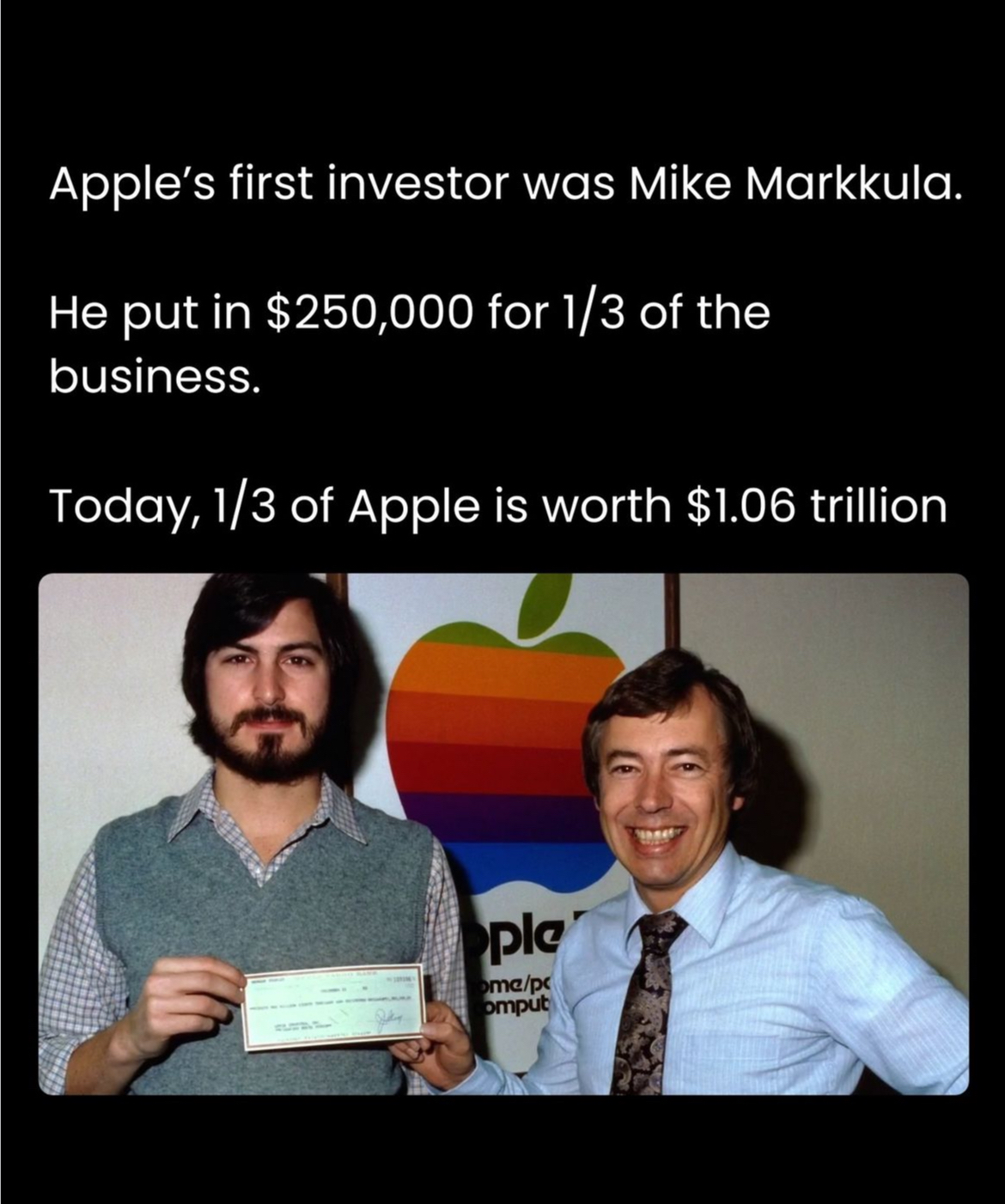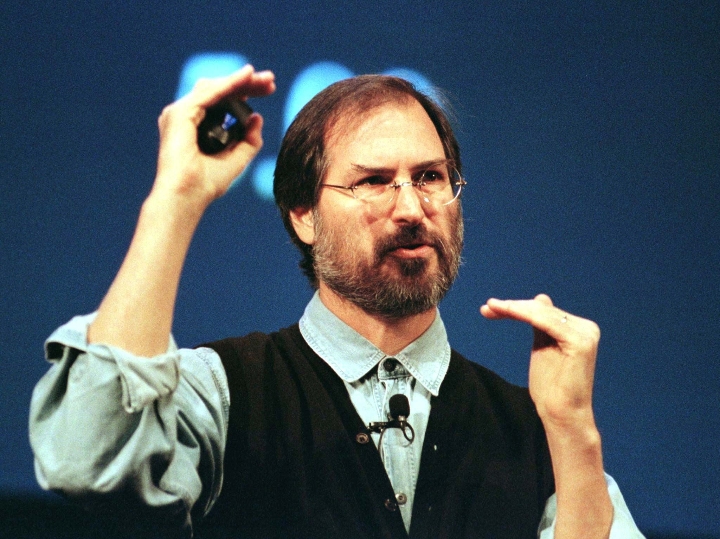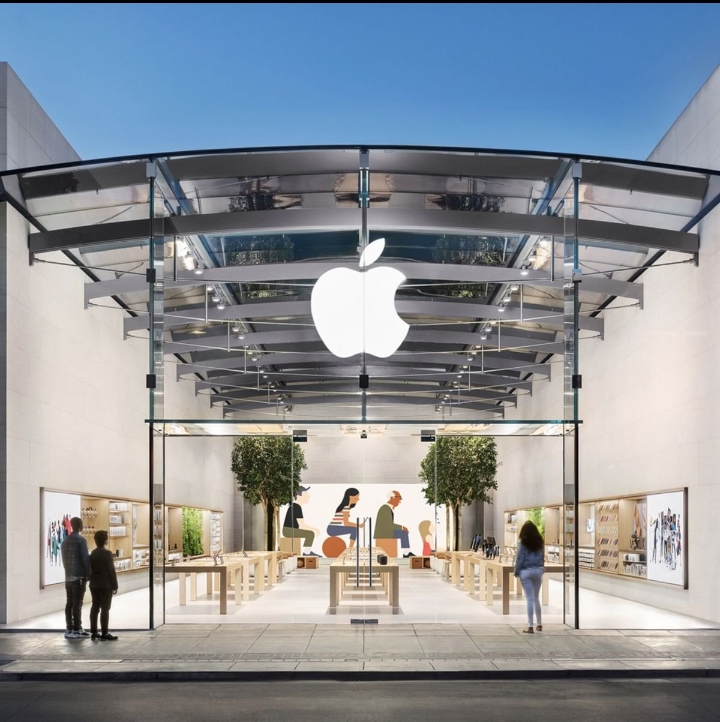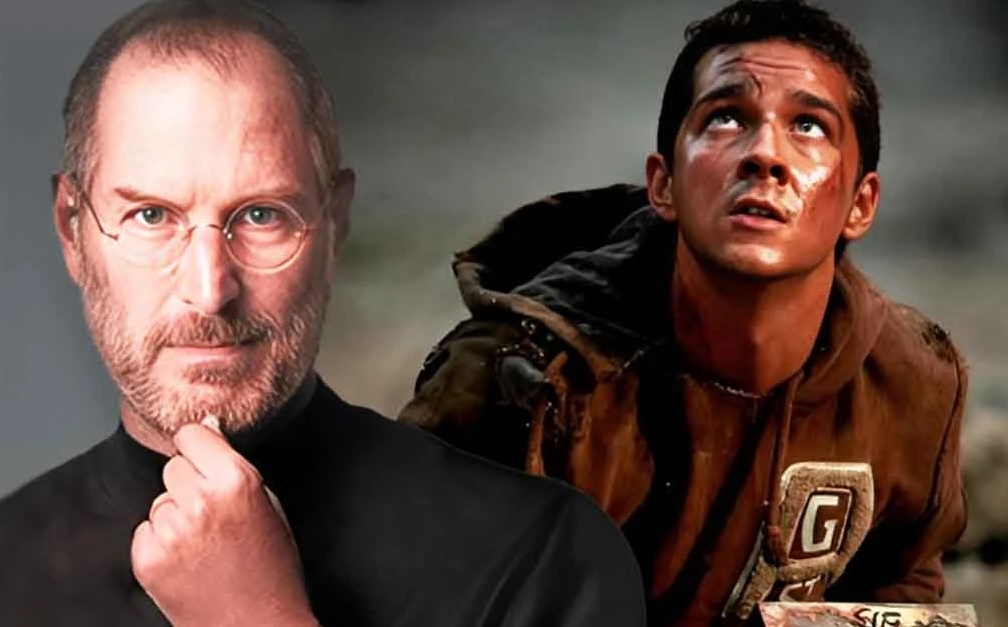Back
SHIV DIXIT
CHAIRMAN - BITEX IND... • 1y
📖 DAILY BOOK SUMMARIES 📖 🔗 DIRECT FREE E-BOOK DOWNLOAD LINK AVAILABLE — https://drive.google.com/file/d/1-4VSs--neh-JHPaz2dnToqsn8mi3XMYu/view?usp=drivesdk 🔥 Steve Jobs 🔥 🚀 20 Lessons From 👉 ✨ Walter Isaacson ✨ 1. Adoption and Early Life: • Jobs was adopted by Paul and Clara Jobs, and his early experiences of feeling different influenced his later drive and creativity. 2. Rebellious and Visionary: • Jobs showed rebellious tendencies from a young age, with a focus on spirituality and philosophy, which shaped his unique worldview. 3. Founding of Apple: • In 1976, Jobs co-founded Apple with Steve Wozniak. The Apple I and Apple II were huge successes, laying the foundation for the personal computer revolution. 4. Perfectionism: • Jobs had an obsessive attention to detail and demanded perfection from himself and others, often pushing his teams to their limits. 5. Reality Distortion Field: • Jobs was known for his "reality distortion field," his ability to convince himself and others that seemingly impossible things were achievable. 6. Macintosh and Early Success: • Jobs led the development of the Macintosh, focusing on user-friendly design and graphical interface, which changed the computer industry. 7. Ouster from Apple: • Jobs was ousted from Apple in 1985 due to internal conflicts. This failure marked a turning point in his career. 8. Founding NeXT and Pixar: • After leaving Apple, Jobs founded NeXT, a computer platform company, and acquired Pixar, which later became a leading animation studio and revolutionized the movie industry. 9. Return to Apple: • Jobs returned to Apple in 1997 when the company was struggling. He revived the company with innovative products like the iMac, iPod, iPhone, and iPad. 10. Design Philosophy: • Jobs emphasized simplicity and aesthetics in product design, believing that technology should seamlessly integrate with the user's life. 11. Revolutionizing Industries: • Jobs transformed multiple industries, including personal computing, music (with iTunes and the iPod), phones (iPhone), and digital media (iPad and App Store). 12. Leadership Style: • Known for his intense and demanding leadership style, Jobs was both revered and feared by his employees for his directness and high expectations. 13. Legacy of Innovation: • Jobs' focus on innovation, quality, and design left a lasting legacy, making Apple one of the most valuable companies in the world. 14. Battling Cancer: • Jobs battled pancreatic cancer for several years before his death in 2011, but continued working on major products until his final days. 15. Impact on Technology and Culture: • Jobs’ vision shaped the modern tech landscape, influencing how people interact with technology and revolutionizing the consumer electronics industry.

Replies (4)
More like this
Recommendations from Medial
SamCtrlPlusAltMan
•
OpenAI • 1y
In the early 1980s, Steve Jobs became OBSESSED in Apple's secret "Lisa" project, which aimed to create a personal computer with a graphical user interface (GUI) and a mouse. EVEN named his daughter Lisa. But, the Lisa's delays and high costs (Not th
See MoreSamCtrlPlusAltMan
•
OpenAI • 1y
Steve Jobs and the Birth of Computer Animation In 1986, after being ousted from Apple, Steve Jobs purchased a small graphics division from Lucasfilm for $10 million, renaming it Pixar. Initially focused on hardware, Pixar struggled financially. Jobs
See MoreMayank Kumar
Strategy & Product @... • 1y
Did you know? Mike Markkula played a pivotal role in the early days of Apple. In 1977, he was introduced to Steve Jobs and Steve Wozniak, the co-founders of Apple, through a mutual friend. At the time, Apple was a fledgling company operating out of
See More
Jaswanth Jegan
Founder-Hexpertify.c... • 1y
"Apple was 90 Days away from Bankruptcy" Bankruptcy to Billions #5 Steve Jobs Returns To Save Apple Steve Jobs was fired from Apple in 1985 due to a power struggle with CEO John Sculley.The board of directors sided with Sculley,Fired Jobs of his ma
See More
Download the medial app to read full posts, comements and news.




















/entrackr/media/post_attachments/wp-content/uploads/2021/08/Accel-1.jpg)

















